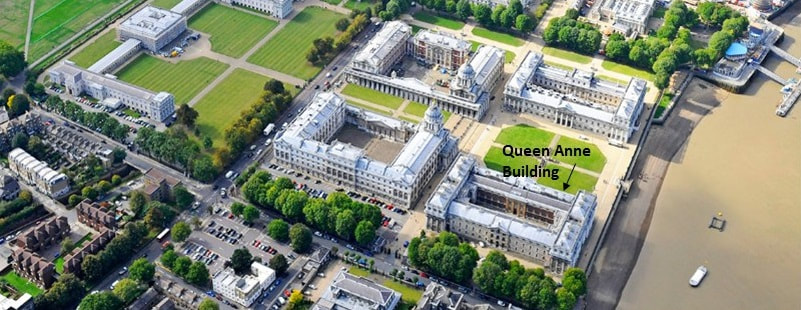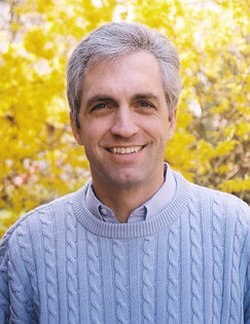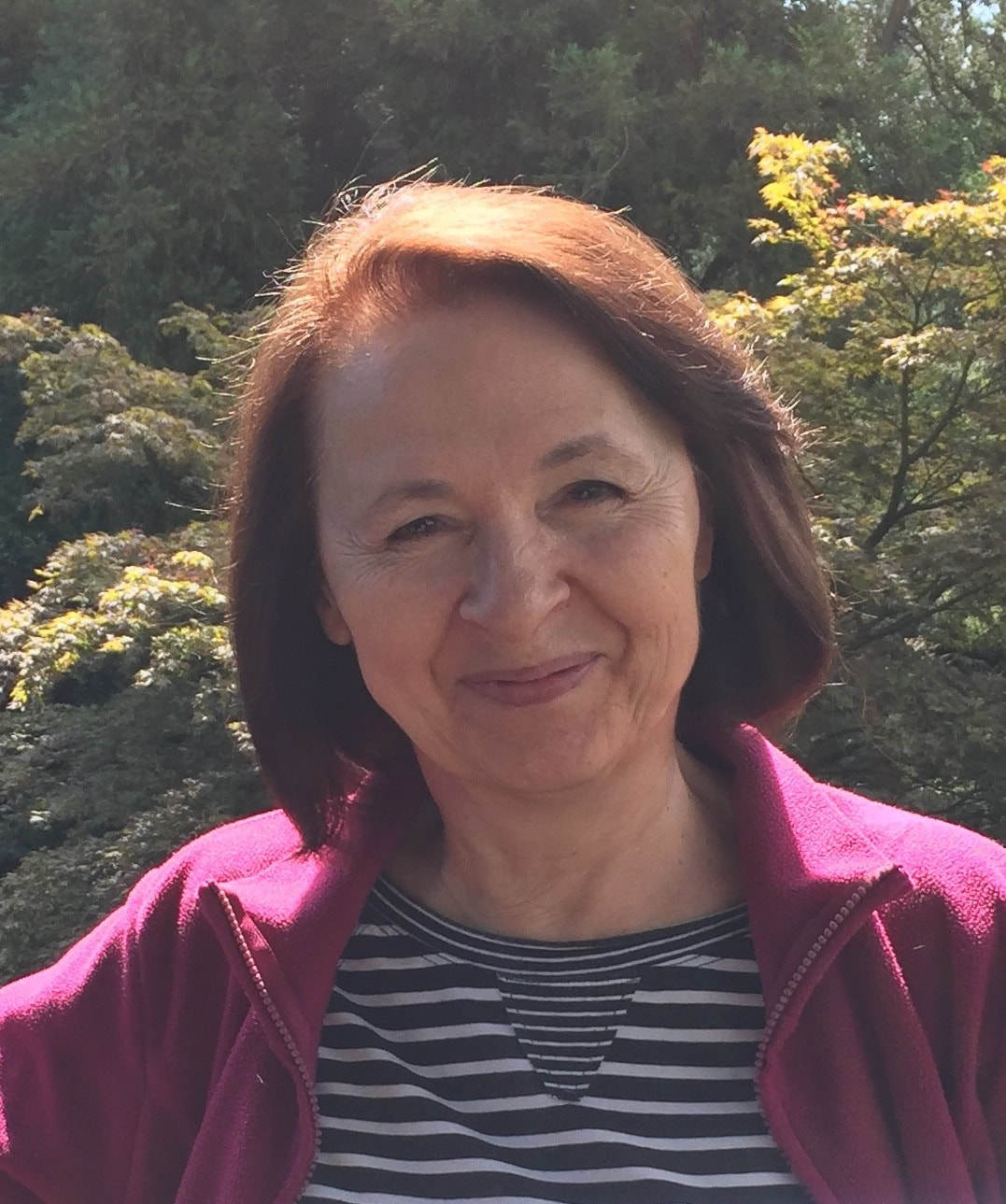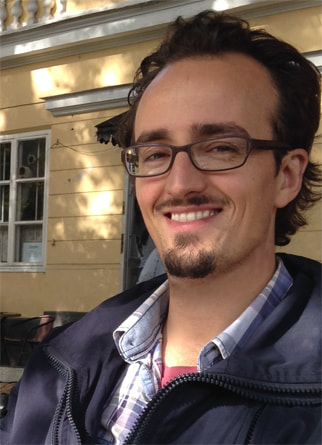EUROPEAN SOCIETY FOR RESEARCH IN ADULT DEVELOPMENT
ESRAD CONFERENCE 2018
25th to 27th May 2018
Queen Anne Building, University of Greenwich, London, SE10 9LS, UK
Queen Anne Building, University of Greenwich, London, SE10 9LS, UK
This conference is for all scholars and practitioners who are engaging in research and practice that is advancing our understanding of adult development. The event covers topics from all branches of the behavioral and social sciences, and from practitioners working with adults to enhance development and personal growth. Research studies using quantitative methods, qualitative methods and mixed-methods designs, as well as theoretical reviews, are all encouraged.
The three key topics of focus for the conference are:
CONFERENCE PROGRAMME NOW AVAILABLE:
The three key topics of focus for the conference are:
- Life stages, transitions and meaning-making
- Coaching and leadership in relation to adult development theories
- Cross-cultural approaches to adult development
CONFERENCE PROGRAMME NOW AVAILABLE:
| esrad_2018_conference_programme_version_8.pdf | |
| File Size: | 468 kb |
| File Type: | |
VENUE
Queen Anne Building, Greenwich Campus, University of Greenwich, London, SE10 9LS, United Kingdom
http://www2.gre.ac.uk/about/campus/greenwich
http://www2.gre.ac.uk/about/campus/greenwich
|
KEYNOTE LECTURE
Prof Jeff Arnett: The New Adulthood: A 21st century model Abstract: The 20th century entirely transformed the normative course of adulthood worldwide. The birth rate plunged, and life expectancy rose dramatically. Median ages of entering marriage and parenthood rose to close to 30 in many countries. Cohabitation spread, as did nonmarital parenthood and divorce. Secondary education became normative, then tertiary education, and work shifted from agriculture and manufacturing to a global knowledge economy. Yet, despite all these changes accelerating in the 21st century, our theories and conceptions of adult development have largely remained stuck in the previous century. Here I will propose some new ideas for understanding adult development, focusing on 1) a new ideal of “soul-mate” marriage between equal partners; 2) volitional parenting and the new ideal of co-parenting; 3) identity-based work in the knowledge economy; and 4) a longer and healthier adulthood, changing the post-60 years of the adult life span from a time of withdrawal and debility to (potentially) the period of greatest freedom and enjoyment. Professor Arnett is author and editor of over 20 books and 100 journal articles that relate to the challenges of adult development and ageing. He is the originator of the theory of emerging adulthood (human development from age 18-29) and his other scholarly interests include media uses in adolescence, the psychology of globalization, and responses to cigarette advertising. View his TedX talk here on the life stage of emerging adulthood: https://www.youtube.com/watch?v=fv8KpQY0m6o |
|
KEYNOTE LECTURE WORKSHOP
Prof Tatiana Bachkirova: Adult development theories: from the ‘No Man’s Land’ to practical application in coaching Abstract: It is an unfortunate fact that Adult Development theories are still a marginalised area of study in mainstream academia and not prominent even in the applied science literature. In offering a potential explanation for this situation, I would argue that an alignment with a particular philosophical platform may be able to change the status and the consequent reach of these theories. However, this would require more than simply raising quality of research and conceptualisation. It would be necessary to demonstrate how the application of Adult Development theories generates opportunities for people to better manage their life tasks and to cope with challenges. In response to such a call I will describe a theoretical model of adult development that was created for coaches to use in their everyday practice without the need for measurement instruments. Relevant activities and discussion points will be offered to facilitate the inquiry. Tatiana Bachkirova is Professor of Coaching Psychology and Director of the International Centre for Coaching and Mentoring Studies at Oxford Brookes University, UK http://www.brookes.ac.uk/iccams/. Her scholarly interests are in developmental coaching, philosophy of coaching and coaching supervision. She published widely on these topics in journals, books and edited volumes, including the SAGE Handbook of Coaching and Developmental Coaching: Working with the Self. |
|
PRE-CONFERENCE WORKSHOP (25th May)
Introduction to the Subject-Object Interview (SOI) by Andres Fossas The Subject-Object Interview (SOI) workshop will take participants through the basics of scoring and conducting the SOI to assess stage of psychological development. The workshop is split into three parts: (1) understanding Subject-Object Theory; (2) scoring for stage and substage; (3) listening and probing for meaning-making. Real SOI transcripts and a brief SOI demonstration will be provided. Andres Fossas is an Assessment Manager at Walking the Talk, http://www.walkingthetalk.com/team/andres-fossas/ |
CONFERENCE SCHEDULE IN BRIEF
25th May
26th May
27th May
Violin performance on Sunday 27th from Fran and Flora
www.facebook.com/franandflora
INSTRUCTIONS FOR PRESENTERS
Paper presenters:
- The time allocated to each presentation is 20 minutes, including time for questions. We recommend you do not exceed 15 minutes of presentation and suggest as a guideline limit your presentation to 10-15 slides with presentation content
- Please use Powerpoint.
- Please upload your presentation onto the computer (Windows) in the room in the break before your session at least 10 minutes before the session starts. The session chair will then take down a few facts about you to use in a brief introduction, who will time your presentation and warn you at 5, 3 and 1 minute before the maximum.
Poster presenters
- For posters, please produce your poster at size A0 (84cm x 119 cm).
- The poster session is Saturday 26 May in the Queen Anne 177 Circulation Area, 12:45 to 14:30; with a reprise at 17:00 – 17:30
- You can put your posters up from during the earlier break and take them down after 17:30
CAMPUS MAP AND ROOM PLANS (pdf)
25th May
- 1.30pm to 5pm – Pre-conference workshop: Robert Kegan’s Subject-Object Interview
- 5.30pm – Pre-conference drinks and informal meeting
26th May
- 9am to 5pm – Conference sessions, including keynote lecture from Jeff Arnett
- 7pm – Conference outing (paid for at the event)
27th May
- 9am to 5pm – Conference sessions, including keynote from Tatiana Bachkirova
Violin performance on Sunday 27th from Fran and Flora
www.facebook.com/franandflora
INSTRUCTIONS FOR PRESENTERS
Paper presenters:
- The time allocated to each presentation is 20 minutes, including time for questions. We recommend you do not exceed 15 minutes of presentation and suggest as a guideline limit your presentation to 10-15 slides with presentation content
- Please use Powerpoint.
- Please upload your presentation onto the computer (Windows) in the room in the break before your session at least 10 minutes before the session starts. The session chair will then take down a few facts about you to use in a brief introduction, who will time your presentation and warn you at 5, 3 and 1 minute before the maximum.
Poster presenters
- For posters, please produce your poster at size A0 (84cm x 119 cm).
- The poster session is Saturday 26 May in the Queen Anne 177 Circulation Area, 12:45 to 14:30; with a reprise at 17:00 – 17:30
- You can put your posters up from during the earlier break and take them down after 17:30
CAMPUS MAP AND ROOM PLANS (pdf)
CONFERENCE PROGRAMME
The conference programme is available here:
| esrad_2018_conference_programme_version_8.pdf | |
| File Size: | 468 kb |
| File Type: | |
CONFERENCE FEES
- Early Bird Conference Fee: £150 (Up to 23rd April 2018)
- Full Conference Fee: £175 (24th April 2018 onwards)
- Student Fee: £95
- Pre-Conference Workshop Fee: £30
CONFERENCE CHAIR
Oliver Robinson, University of Greenwich
Oliver Robinson, University of Greenwich
ORGANIZING COMMITTEE
Oliver Robinson, University of Greenwich
Eeva Kallio, University of Jyväskylä and Tampere
Kristian Stålne, Malmö University
Rebecca Hamer, International Baccalaureate, The Hague
Nick Shannon, Management Psychology
Liisa Myyry, University of Helsinki
Nikolay Petrov, University of Greenwich
Oliver Robinson, University of Greenwich
Eeva Kallio, University of Jyväskylä and Tampere
Kristian Stålne, Malmö University
Rebecca Hamer, International Baccalaureate, The Hague
Nick Shannon, Management Psychology
Liisa Myyry, University of Helsinki
Nikolay Petrov, University of Greenwich
ORIGINAL CALL FOR PROPOSALS:
| esrad2018_callforproposals.pdf | |
| File Size: | 1213 kb |
| File Type: | |




